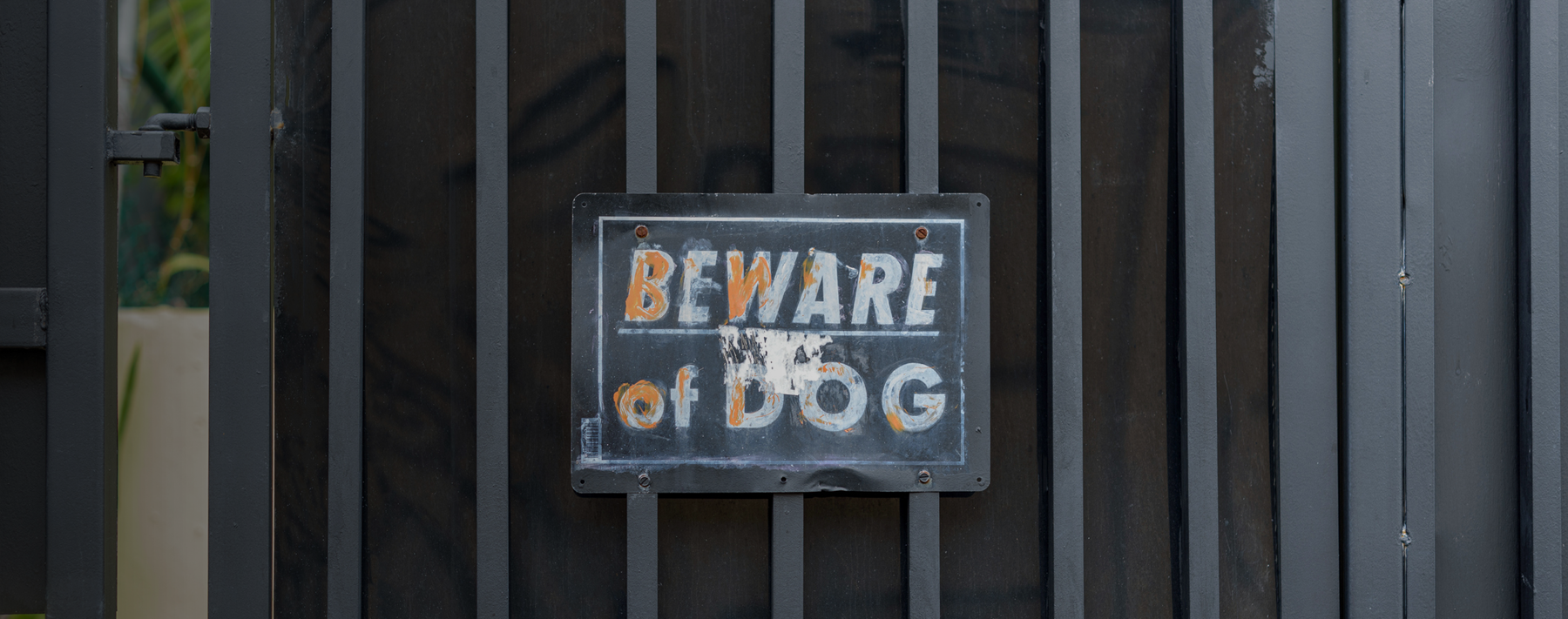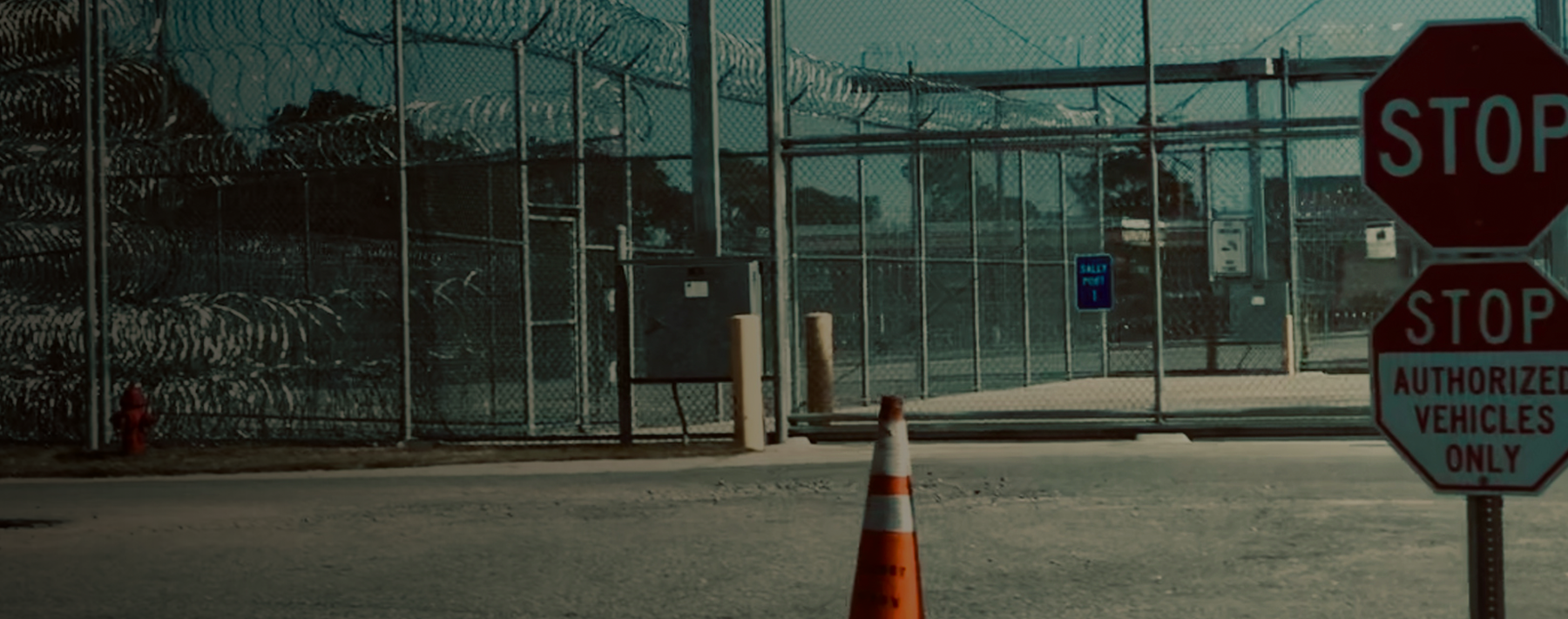State v. Corcilius, 2018 (Or. App. 2018)
I love it when the courts tackle tough legal questions and give us clear answers. But if ever there was a case for stinky puns, this is it. And it takes 10—count ’em, 10—long pages of astute legal reasoning and incisive dissenting arguments in the annals of the Oregon Court of Appeals.
Just the facts: Ryan Corcilius was driving from California to Oregon; his bladder was bursting by the time he stopped in Portland. A gas station would not grant admission to their restroom because he wasn’t a paying customer. Neither would the nearby Subway sandwich shop, unless he bought food, but the line was too long to wait to buy a sandwich.
Now in a panic, Corcilius found a wall and began to wet it (to quote Super Troopers (2002), “When you gotta go, you gotta go”). A security guard saw liquid flowing across the pavement. Apparently unable to view the precise source, but seeing Corcilius’s pose and using his keen sense of smell, the security guard confirmed the liquid was urine and called the police. In response to the investigation and complaint of the astute security guard, an officer issued a misdemeanor citation to Corcilius for “offensive littering.”
But is letting flow a stream of urine actually “littering”? According to the great State of Oregon, “A person commits the crime of offensive littering if the person creates an objectionable stench or degrades the beauty or appearance of property or detracts from the natural cleanliness or safety of property by intentionally discarding or depositing any rubbish, trash, garbage, debris or other refuse upon the land of another without permission of the owner, or upon any public way or in or upon any public transportation facility.” The members of the appellate court set out to determine, as a matter of law, a series of complex and burning questions: Does leaving urine (by whatever means) create a stench? Is urine “rubbish, trash, garbage, debris or other refuse”? Is urinating on a wall “discarding” rubbish, trash, etc.? If it isn’t “discarding” could it be “depositing”? Or is it just going with the flow?
Along the way, the court pondered whether urine is “miscellaneous useless valueless waste.” What about those who practice urophagia? Yeah, it’s a thing to drink urine. For some, it is an alleged aphrodisiac—Google it! There is even a steroid used to treat anemia that is extracted from the urine of pregnant house cats. I’d prefer to eat more spinach and broccoli.
Bottom line: Was the officer legally correct to issue a citation for littering? It took 10 pages of small print and 11 footnotes to say “no.” At least we have an answer—and cops all over Oregon are certainly better off with this solid legal guidance from the court.
Pee S. This case does nothing to invalidate ordinances prohibiting urinating in public.
For a similar case, check out: “Hey, Officer, I Was Breaking the Law Because I Have To…”



